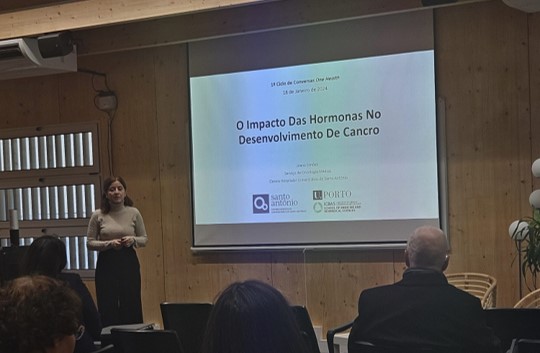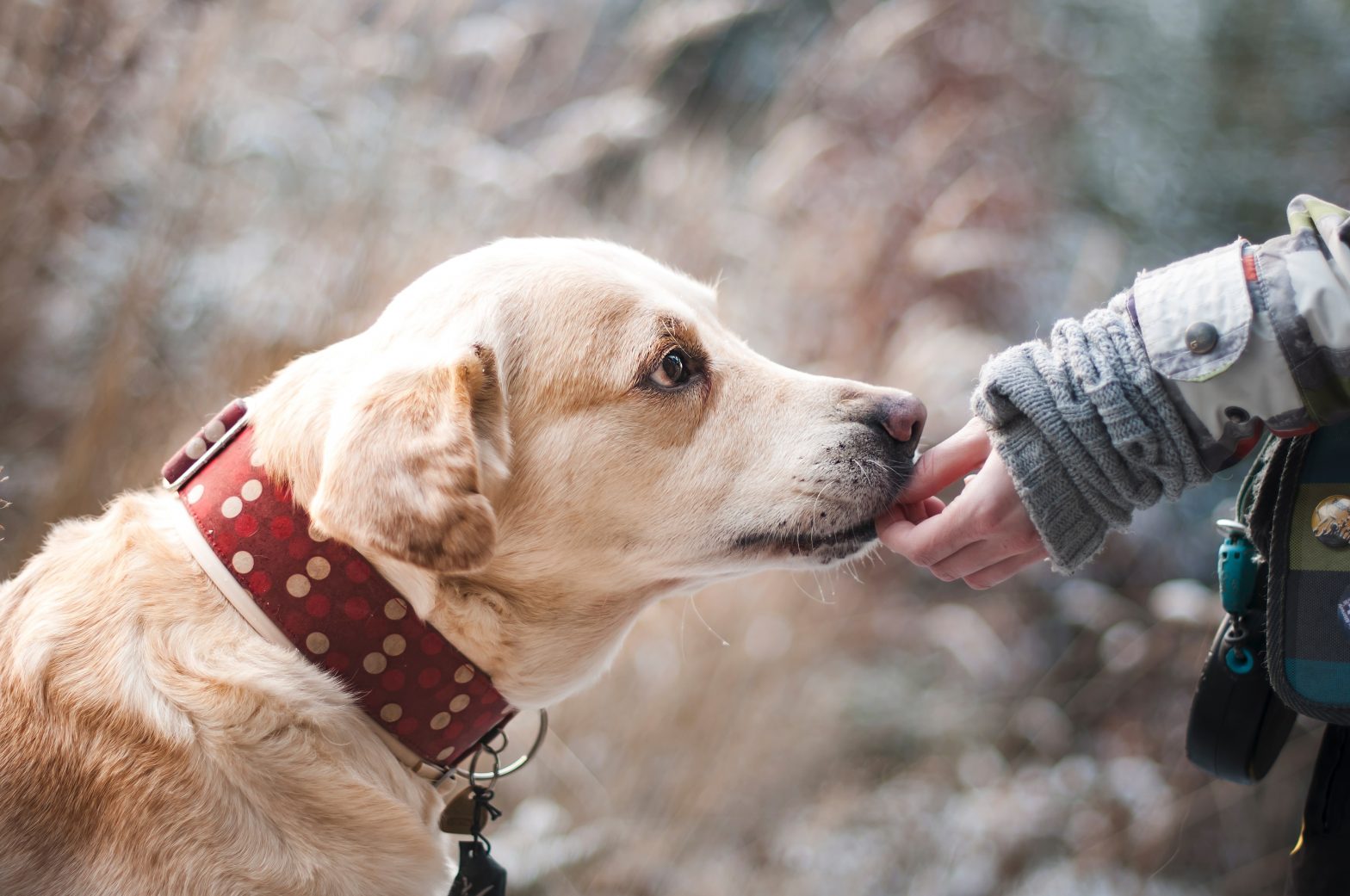By Joana Simões, Centro Hospitalar Universitário de Santo António
PORTO - The first description of the relationship between hormones and cancer dates back to the 19th century. In 1896, the British George Beatson found that oophorectomy resulted in the regression of breast tumors in patients with advanced breast cancer. This pioneering discovery laid the foundation not only for understanding the crucial role of hormones in oncogenesis, but also for the development of oncological treatments. Charles Huggins, in 1940, also demonstrated the role of orchidectomy in metastatic prostate cancer.
Since then, research has shown the importance of hormones in the oncogenesis and pathophysiology of various cancers, particularly breast and prostate cancer. Prolonged exposure to high levels of estrogen, whether through hormonal treatments or physiological factors (such as early menarche or late menopause), increases the risk of breast cancer. Understanding and managing hormonal imbalances through lifestyle modifications or other interventions can be crucial to reducing cancer risk.
Likewise, the complex interplay between hormonal regulation and cell proliferation is at the forefront of oncology research. In recent years, the understanding of the hormonal pathways involved in oncogenesis has led to the development of targeted therapies, such as hormone receptor inhibitors or enzyme inhibitors involved in hormone production, thus improving treatment options and the prognosis of cancer patients.
Image – Joana Simões at the ‘One Health Talk’ held at ICBAS on January 18, 2024. Credits: Sofia A. Costa Lima.



